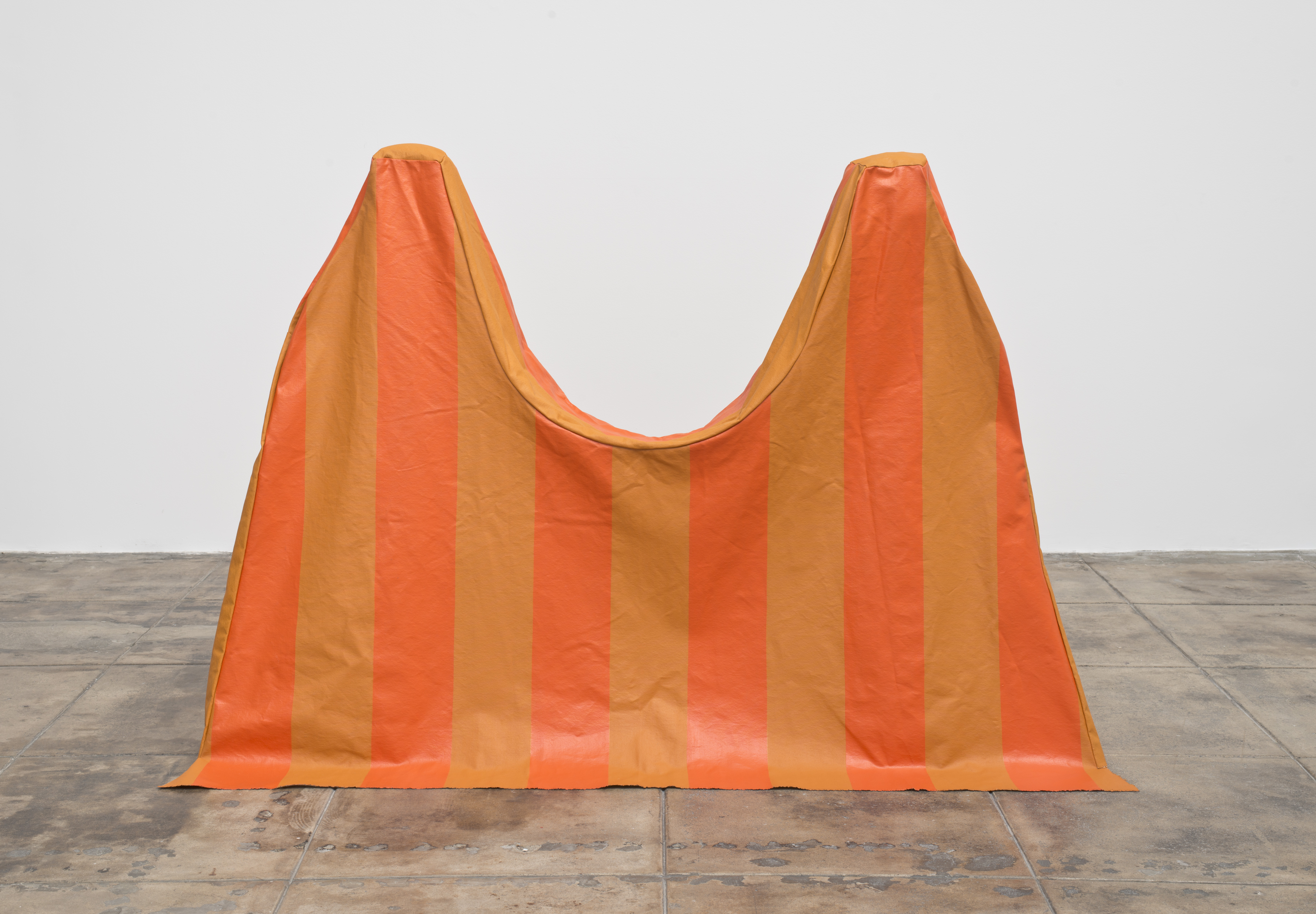
- This event has passed.
Drowning and swallowing this text
March 14, 2014 - April 20, 2015

Curated by LACE Assistant Director Shoghig Halajian and Suzy M. Halajian
Opening reception Friday March 14, 2014, 7-10PM, LACE
Exhibition: March 14- April 20, 2014
with Math Bass, A.K. Burns, Ana Hoffner, Joan Jonas, Tala Madani, MPA, Virginia Poundstone, Laure Prouvost, Mounira Al Solh, Jill Spector, Lawrence Weiner, and The–family (with Sjoerd Dijk and Wojciech Kosma)
The–family (with Sjoerd Dijk and Wojciech Kosma)
Human Resources: 410 Cottage Home St., Los Angeles CA 90012 (off Broadway in Chinatown)
“At the origin of Narrative, desire.” – Roland Barthes, S/Z
In Honore de Balzac’s novella Sarrasine, a nameless narrator sits outside a mansion where a ball is taking place and tells his beloved Madame de Rochefide a tale of gossip in exchange for her admiration and her body. He recounts the story of an artist named Sarrasine, who is deep in the throes of a passionate pursuit for his ideal woman, Zambinella. As the story unfolds into one of disgust and unrequited love—after Zambinella is revealed to be a castrato, a man dressed in female attire for the opera stage—the narrator’s beloved becomes anguished upon hearing the tale and abandons their agreement. Through this mirrored act of desire, Balzac’s narrative doubles in on itself, suggesting that a message cannot be separated from its telling, a story is indistinguishable from its performance.
In his line-by-line deconstruction of Sarrasine, Roland Barthes makes the claim that a narrative is determined not by the desire to narrate but rather by a desire to exchange. In order to produce a narrative, desire must shift and vary; it must enter into a system of exchange and be subject to change. In Balzac’s novel, the economies of gender, body, language, and capital establish a set of equivalents that determine narrative unity and allow meaning to take place. Consequently, the collapse of one such measure of equivalence—here, through the castrato—challenges the entire system of relations and impairs the power to associate and substitute.
Drowning and swallowing this text locates itself within this moment of collapse in order to explore the relation between a narrative and its utterance. Questioning the idea that everything must be held together, the exhibition considers forms of desire that refuse equivalence in order to impel fragmentation and to delay resolve. Narrative devices such as the construction of presumed opposites, a fixed protagonist, the introduction of a problem and promise of resolve are confronted and replaced. Instead sites of performance, the shifting plural subject-position, the mis-translation of cultural codes, and illegible acts at the margins of established categories all serve to destabilize the economic value of narrative analogy. A collapse of economies eradicates the ability to recognize and substitute, offering in its place a constellation of fragments and gestures that take on various iterations, a tireless approximation.
Download the curatorial essay below.
For more information on the participants, download the list of bios below.
